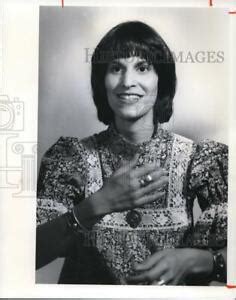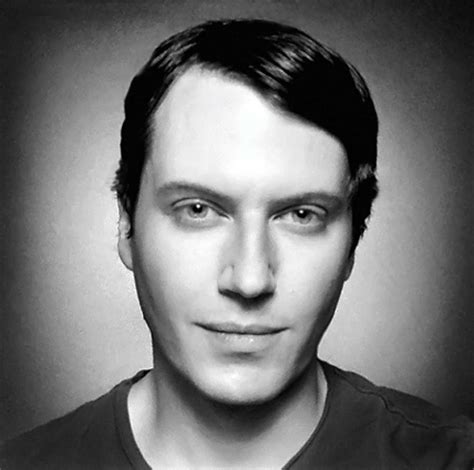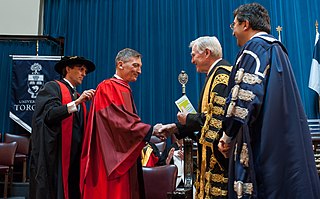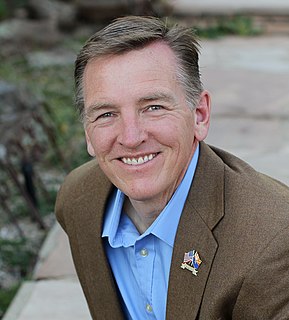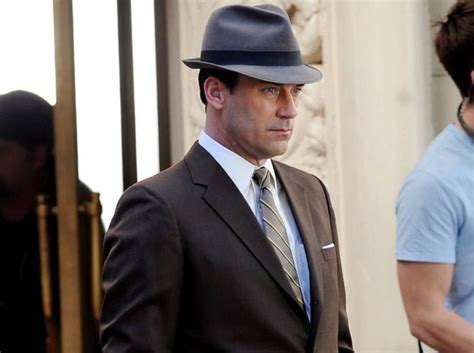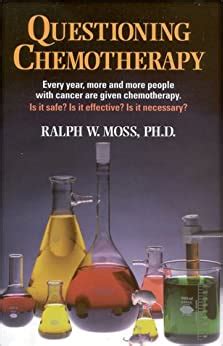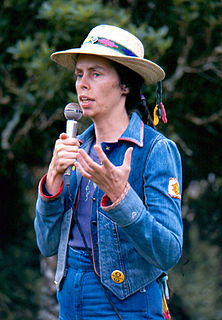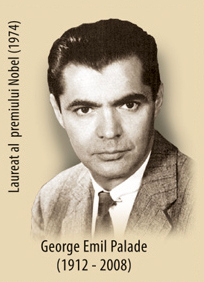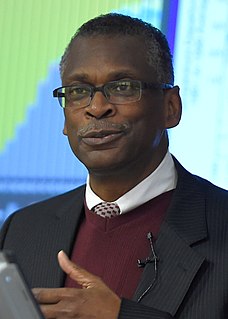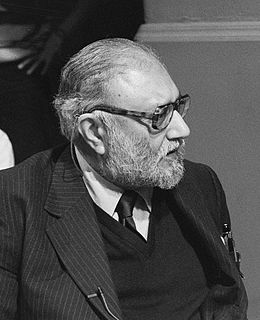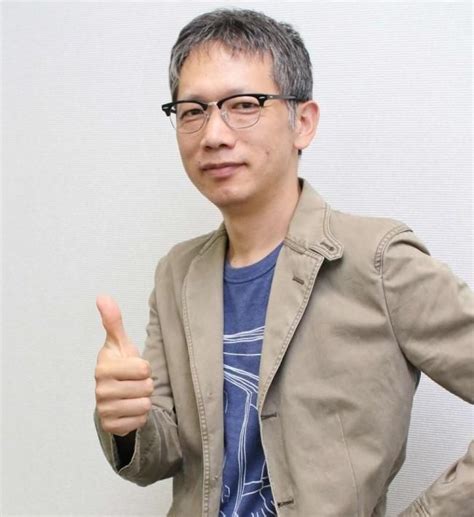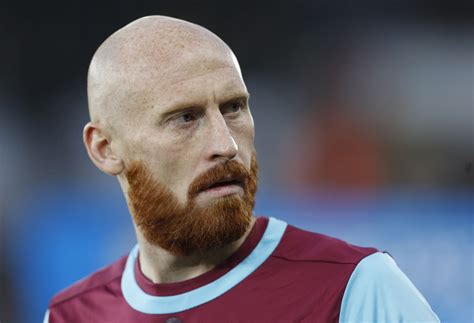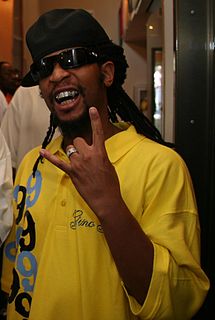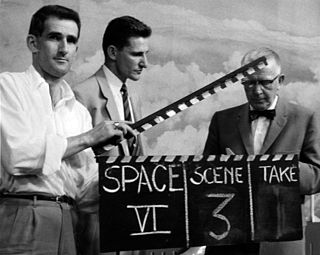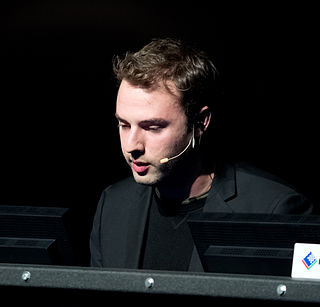Top 1200 Medical Technology Quotes & Sayings - Page 4
Explore popular Medical Technology quotes.
Last updated on April 22, 2025.
Embedded in every technology there is a powerful idea, sometimes two or three powerful ideas. Like language itself, a technology predisposes us to favor and value certain perspectives and accomplishments and to subordinate others. Every technology has a philosophy, which is given expression in how the technology makes people use their minds, in how it codifies the world, in which of our senses it amplifies, in which of our emotional and intellectual tendencies it disregards.
Medical knowledge and technical savvy are biodegradable. The sort of medicine that was practiced in Boston or New York or Atlanta fifty years ago would be as strange to a medical student or intern today as the ceremonial dance of a !Kung San tribe would seem to a rock festival audience in Hackensack.
It is ironic that in the same year we celebrate the 50th anniversary of the discovery of DNA, some would have us ban certain forms of DNA medical research. Restricting medical research has very real human consequences, measured in loss of life and tremendous suffering for patients and their families.
In the past, [medicalization]has been portrayed as something that doctors inflict on a passive and un-suspecting world - an expansion of the Medical Empire. But in reality, it seems that these reductionist bio-medical stories can appeal to us all, because complex problems often have depressingly-complex causes, and the solutions can be taxing, and unsatisfactory.
In our 'don't just sit there, do something' culture, when we get sick we are supposed to become characters in a heroic medical narrative that conceals the remorselessness of pathology, the intractable fact of human vulnerability, and the inevitable inadequacies of medicine. To many of the participants in the medical drama, aggressive treatment - even when it fails - represents a quasi-religious quest for immortality and meaning.
In a wristwatch, imagine the battery is in the strap and there's a medical sensor in there connected to the internet. If someone is monitoring that, they could phone up if the user has forgotten to take some medication. This could save hundreds of dollars in medical fees later. What's missing? It's a stable battery.
Anyone who has studied the history of technology knows that technological change is always a Faustian bargain: Technology giveth and technology taketh away, and not always in equal measure. A new technology sometimes creates more than it destroys. Sometimes, it destroys more than it creates. But it is never one-sided. The invention of the printing press is an excellent example. Printing fostered the modern idea of individuality but it destroyed the medieval sense of community and social integration.
We have a lot of things, you know, as a medical professional, we have to start looking at, some of the, particularly, the transgender issue has to be looked at in the psychotic - the psychosis in regards to the medical community and looking at that application because there's a lot of mixed studies in those regards.
...60 advocates of unorthodox therapies whose credentials are given in the ACS book (above).(:) Of these 60, thirty-nine or almost two-thirds, hold...medical degrees from such universities as Harvard, Illinois, Northwestern, Yale, Dublin, Oxford, or Toronto. Two are osteopaths. 3...also hold...(PhD's)....scientific....reputable....8 others received PhD's in such fields as chemistry, physiology, bacteriology, parasitology, or medical physics, from...Yale, Johns Hopkins, UC Berkeley, Columbia, and NYU. Thus over 75%...are medical doctors or doctors of philosophy in scientific areas.
Nothing in medical literature today communicates the idea that women's bodies are well-designed for birth. Ignorance of the capacities of women's bodies can flourish and quickly spread into the popular culture when the medical profession is unable to distinguish between ancient wisdom and superstitious belief.
In 1973, I left the Rockefeller University to join the Yale University Medical School. The main reason for the move was my belief that the time had come for fruitful interactions between the new discipline of Cell Biology and the traditional fields of interest of medical schools, namely Pathology and Clinical Medicine.
A noted cancer specialist in Boston said he believed that if some simple and inexpensive replacement for Chemotherapy for the treatment of cancer were found tomorrow, all US medical schools would teeter on the verge of bankruptcy, so integral a part of their hospital revenues is oncology, the medical specialty of cancer treatment
One of the first things we teach medical students is to listen to the patient by taking a careful medical history. Ninety percent of the time, you can arrive at an uncannily accurate diagnosis by paying close attention, using physical examination and sophisticated lab test to confirm your hunch (and to increase the bill to the insurance company).
The hybridoma technology was a by-product of basic research. Its success in practical applications is to a large extent the result of unexpected and unpredictable properties of the method. It thus represents another clear-cut example of the enormous practical impact of an investment in research which might not have been considered commercially worthwhile, or of immediate medical relevance. It resulted from esoteric speculations, for curiosity's sake, only motivated by a desire to understand nature.
It's easy to fall into the trap of assuming that a new technology is very similar to its predecessors. A new technology is often perceived as the linear extension of the previous one, and this leads us to believe the new technology will fill the same roles - just a little faster or a little smaller or a little lighter.
The prerequisite that people have a scientific or engineering degree or a medical degree limits the number of female astronauts. Right now, still, we have about 20 per cent of people who have that prerequisite who are female. So hey, girls: Embrace the very fun career of science and technology. Look at computer science. That's what I did.
I think it's amazing when technology is used in a smart way, but the responsibility that comes with it... I think there's a lot of technology that we're using that we haven't thought through. It's a bit scary to put all your trust in technology and to think that that's what going to save us. We're going to have to make some compromises.
In medical school, students are immersed in the realm of medical ethics. It's where new doctors study, learn right and wrong, ask tough questions, and discuss things like end of life care, genetic testing, and patients' rights. In lots of ways, it's the most important part of being a compassionate and competent doctor.
The efforts of the medical profession in the US to control:...its...job it proposes to monopolize. It has been carrying on a vigorous campaign all over the country against new methods and schools of healing because it wants the business...I have watched this medical profession for a long time and it bears watching.
The science and technology which have advanced man safely into space have brought about startling medical advances for man on earth. Out of space research have come new knowledge, techniques and instruments which have enabled some bedridden invalids to walk, the totally deaf to hear, the voiceless to talk, and, in the foreseeable future, may even make it possible for the blind to "see."








